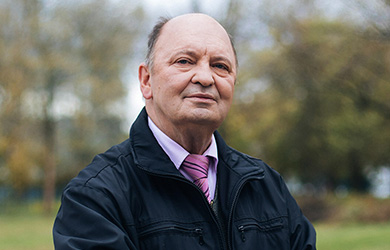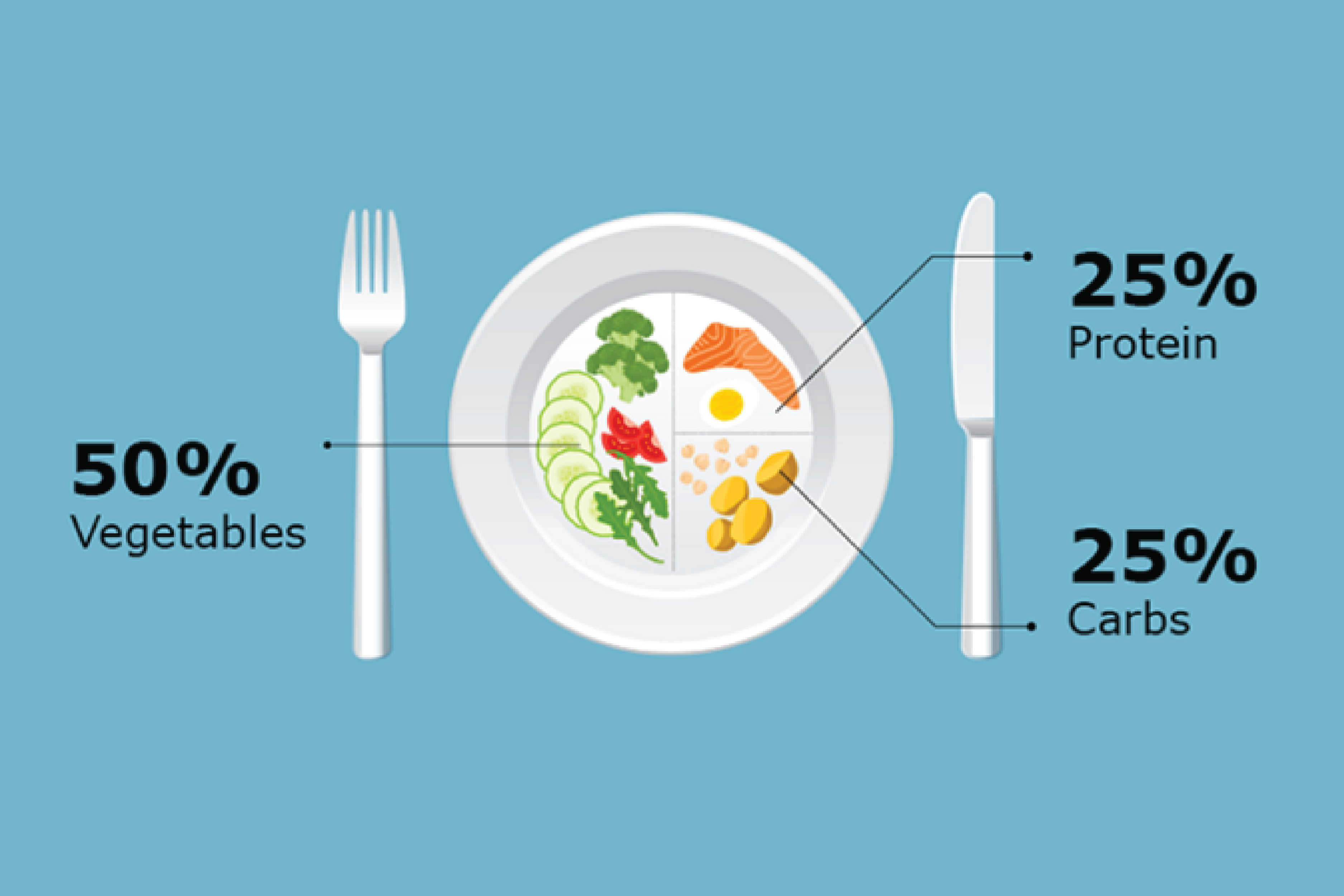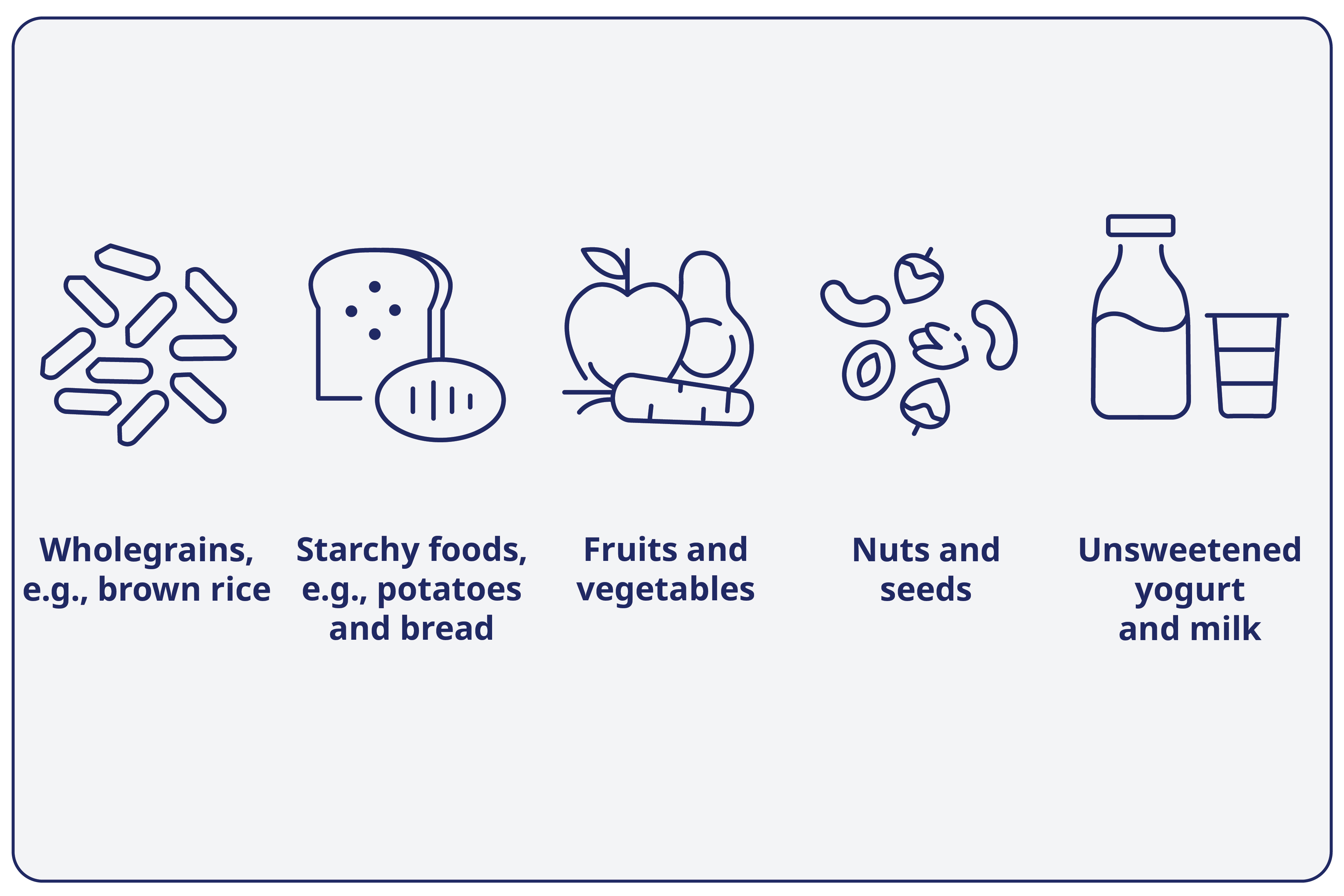
Diabetes day by day
Being aware of your diabetes gives you the opportunity to manage it and live the life you want. By paying attention to how your body reacts in different situations, you can continue to be active in any environment.
You can develop type 1 diabetes at any age, but it tends to appear early in life, among children, teenagers and young adults. Optimal management of blood sugar levels and aiming for a healthy lifestyle in diabetes can help you live a long and active life with the condition.1
Type 1 diabetes is a chronic condition that occurs when your body cannot make insulin, or it makes very little insulin. Insulin helps blood sugar enter our cells to provide energy; without insulin, blood sugar levels become too high, which is damaging to your body2.
Experts still do not know exactly what causes type 1 diabetes – it’s likely to be caused by both genetic and environmental factors. It can develop at any age, although it tends to be more common in children and young adults3.
Treatment combined with lifestyle changes, such as eating a healthy balanced diet, increasing exercise and eliminating unhealthy lifestyle activities, e.g., smoking, as well as a good routine, will help you to manage your condition4.
Lifestyle changes for diabetes can make a difference in how you feel while also reducing your risk of developing complications in the future. That said, there is no known way to prevent type 1 diabetes, and there is currently no permanent cure2.
Your diabetes care team will provide the best advice on how to manage lifestyle changes for type 1 diabetes.
There are several categories of lifestyle changes for type 1 diabetes, and diet is an important category. Diet plays a significant role in how your body maintains blood sugar levels when you have diabetes. This doesn’t mean completely limiting the foods you can eat but instead eating a healthy, balanced diet4.
There are multiple options for insulin regimens, and fitting your diabetes treatment around your current lifestyle can be individualised with the guidance of your doctor.

Discussing dietary needs with a dietician may be helpful to understand how you can manage your diet living with diabetes.
Although there is no such thing as a ‘diabetic diet’ for type 1 diabetes, your diet may include making food choices that are low in saturated fat, sugar and salt6. See more information on how to manage your diet when you are living with diabetes here.
All carbohydrates affect your blood sugar levels, which is why carbohydrate counting is important to keep your blood sugar steady when you have type 1 diabetes6.
Carbohydrates are a necessary part of a healthy, balanced meal as, without them, your insulin may cause blood sugar levels to drop too low6.
Slow release carbohydrates from foods such as wholegrains (e.g., brown rice, whole wheat bread) are healthier options as they help to keep your blood sugar levels more stable between meals7.
Nuts and seeds, unsweetened yoghurt and milk are classed as healthier because they’re lower in carbohydrates, which also help to contribute towards keeping blood sugar levels stable between meals. See below for a list of healthier carbohydrate options to include in your meals6.

You have probably heard many times about the physical and mental health benefits of regular exercise, and so this is a key component of the suggested lifestyle for diabetes4. If you have type 1 diabetes, it’s important to take some extra steps to make sure you are exercising safely.
Exercise plays a crucial role in the maintenance of body weight and blood sugar levels4. Depending on the type of activity you do, it may cause your blood sugar levels to rise (hyperglycaemia) or drop (hypoglycaemia)8.
Here are a few tips to help you manage your blood sugar levels when exercising:
Exercise affects everyone differently, and the key to learning would be to track your blood sugar levels and how you feel before, during and after different types of exercise. It may take some time to figure out what works best for you, but you will get there.
More information on how to manage diabetes through exercise can be found here.
Working closely with your diabetes healthcare team will help you develop suitable lifestyle changes for type 1 diabetes and ensure you receive the right treatment and care that works for you. They will be there to provide the information you need, help you feel more confident in managing your condition and can provide counselling as and when you need it. Check in regularly with your doctor for information to help manage your type 1 diabetes. Also, make sure to speak openly with your family, friends and caregivers so they know the care you require and can support you when necessary.
Smoking makes your body more resistant to insulin, meaning you will need to take more insulin to control your blood sugar levels. Prolonged periods of high blood sugar levels can lead to diabetes complications9.
You can drink alcohol if you have type 1 diabetes. However, alcohol can affect your blood sugar levels and you will need to take some extra precautions if you plan to drink.
It can feel normal for some of us to experience stress and anxiety, but if you’re living with diabetes, these emotions can be heightened and harder to manage. Click here to read about ways you can help manage your stress and mental health when you are living with diabetes.
Remember, combining healthy lifestyle changes for diabetes with the right type 1 diabetes treatment and proper management of your routine/condition with regular blood sugar monitoring, will help you work towards living life to the fullest.
This is general disease awareness and should not be understood as medical advice. If you have any questions or concerns, you should contact your healthcare professional.
It can feel challenging to manage type 1 diabetes, but with the right support, you can find a good balance; living with your condition while doing what you love so you can live the life you want.